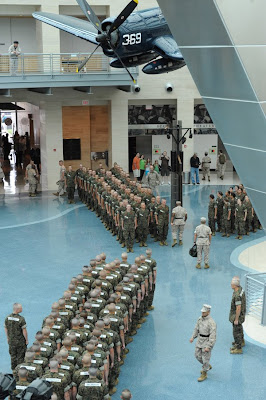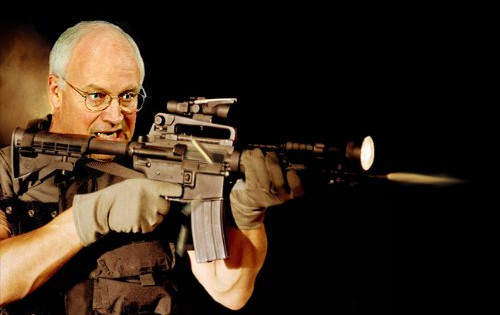

Political science is the study of “who gets what, when and how?” War is the continuation of political intercourse beyond nonviolent means. War is the absence of restraint. For my purposes in this paper, war is defined as organized violence with a purpose. Organized violence can be a state’s means for enforcing policy, or it can be a means of defiance for an individual or a group. Organized violence embodies the assumption of political identity through the physical assertion of political demands. Political violence can also function to secure a specific distributive outcome, or it can be performed as a symbol. MK and other liberation armies performed acts of violence and sabotage that functioned more powerfully on a symbolic level than as practical blows against the operations of the apartheid state.
It has been said that “an army is a nation within a nation.” They act as the nucleus of a political community, organizing, mobilizing and transforming political identities. Militaries and irregular forces function as vehicles for preexisting political identities, but they are more than hollow vessels, as these groups can transform the political identities of their members and those outside the group. This effect is especially pronounced in situations of minority rule where society’s inequalities are enforced along lines of violence. In colonial settings, violence implies a political structure and an orientation towards that structure. When this orientation is shared by a group and they organize in order to perform violence, they become fused together under a political identity. Their experiences within these organizations can come to transform they way that they think about themselves and others in relation to the political system. The role of the military in the maintenance of political identities is also accelerated under conditions of conscription, as the military’s role as an agent of socialization is intensified.
In few places is the significance of violence in a political system more apparent than under white minority rule. Political theorist Frantz Fanon grew up on the Caribbean island of Martinique, at the time a French colony. He served, with resentment, in the French army, and then in a liberation army during the Algerian revolution.
First published in 1961, Fanon’s book, The Wretched of the Earth, considered violenceas a means of liberation and a catharsis to subjugation. Fanon presented the violence of colonial as a process in the cognitive imprisonment of indigenous peoples under colonial rule. Fanon writes that ”the colonial world is a world divided into compartments… the colonial world is cut in two. The dividing lines, the frontiers are shown by barracks and police stations. In the colonies it is the policeman and the soldier who are the official, instituted go-betweens, the spokesman of the settler and his rule of oppression.” Fanon envisioned violence as a structure which not only organized distributory outcomes, but shaped the consciousness violence’s victims and perpetrators.
Colonial societies being shaped by subjugation and violence, Fanon argued that liberation was best achieved through violent resistance. As Karl Marx wrote in Capital, “violence is the midwife of every old society which is pregnant with a new one.” Fanon wrote that “the colonized man finds his freedom in violence.” He argued that in committing violence against an agent of European colonization, the colonized man would figuratively kill two birds with one stone – at once destroying the colonizer and the colonized in that the act of violence transformed the colonized into a new person. Political violence is presented here as the means for the colonized man to find himself, stepping out of the shell of his colonized self and emerging as a new person with a new consciousness and a new political identity.


http://www.newsweek.com/id/224670
ReplyDelete